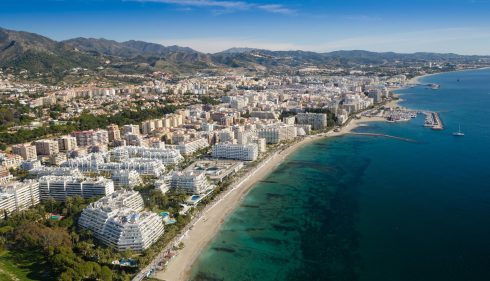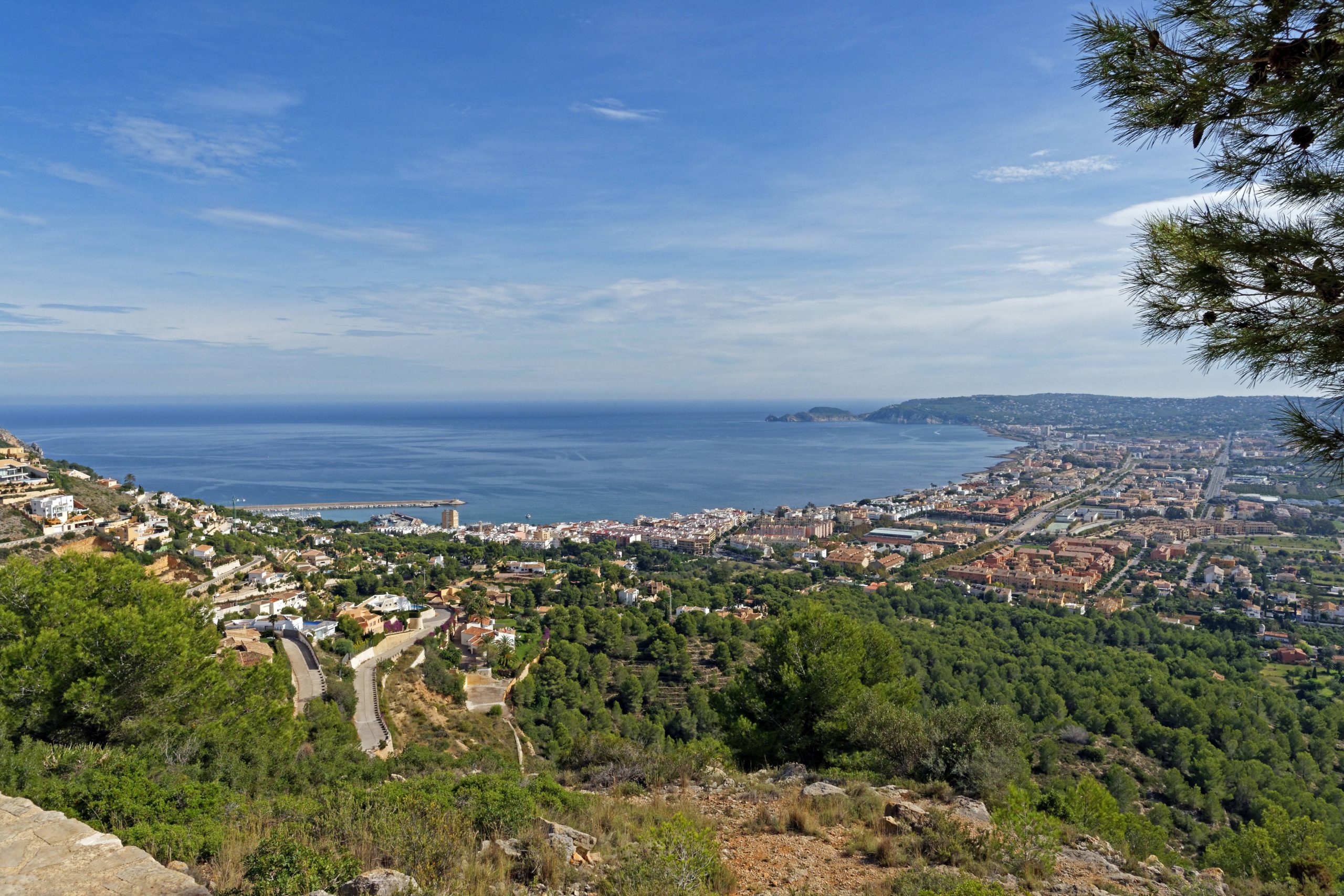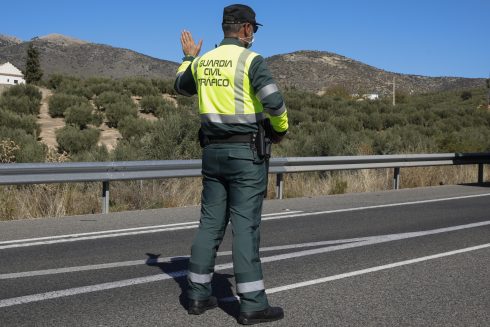Is YOUR property or business affected by this story? Email tips@theolivepress.es
HOMES, bars and hotels across Spain face being expropriated by the government, it has emerged.
Under a proposal, the Government would acquire the rights to homes, chiringuitos and other businesses in demarcated areas of the Spanish coastline.
They would then let the owners live in the properites or operate the businesses for just 30 more years.
It means countless people could find themselves without a home by retirement age, or be unable to leave their property to their children or loved ones.
READ MORE: Inside Eva Longoria’s luxury villa in Marbella

The 30-year period can be extended for another 30 years, but only on a case-by-case basis, while the ‘concessions’ would last for a maximum of 75 years, reports Diario de Cadiz.
Once the ‘concession’ ends, the State will have the power to do what it likes with the properties, including demolition.
If approved, any property determined to be within the at-risk boundary would be affected.
The proposed law has been put forward as an amendment of the General Coastal Regulation.
It is currently being studied by the Ministry of Ecological Transition in Madrid, amid fears of rising sea levels as a result of global warming.
The document is being reviewed after it was struck down by the Supreme Court in January due to a processing error.
According to the Ministry, coastal resorts where rocks, promenades, sandy beaches, water and waves converge are ‘especially sensitive to the rise in average sea level linked to climate change.’
READ MORE: British expats among dozens to lose ownership of homes due to controversial ‘coastal law’

Under the proposed law, if an individual has any property in the demarcated at-risk zones, they would lose the deeds, as it would suddenly be classed as ‘public domain’.
Once it is property of the state, it could be ‘leased’ back to the original owner for a period of 30 years, and any reform or upgrades would have to be approved by the state.
The state would also have to approve handing over the concession, e.g., if you wanted to hand over the home to a child or loved one.
Once a draft of the new law is complete, it will go through a public consultation before a decision is made on pushing it through Spanish congress.
In November last year, British expats were found to be among the 100-plus homeowners in Denia who said they were being virtually stripped of their properties because of the region’s own so-called ‘Coastal Law’.
The Public Maritime Land Domain (DPMT) legislation was first brought during the 1980s in an attempt to prevent the Costa Blanca from being overdeveloped.
But in its current form, once an area has been deemed to be in the ‘public domain’ i.e. close enough to the beach to be considered government-owned land, private ownership is forbidden.
This is the fate of some 115 home and business owners in Denia, who find themselves in the ‘public domain’ after the coastline was redrawn by the Coastal Authority (Costas).
The Costas said the owners will not lose their homes but will have a ‘75-year concession’ and that demarcation of areas did ‘not imply that any homes would be demolished’, along with the fact they can be sold or passed on as an inheritance.

The new demarcation will in one way or another affect more than 3,600 buildings on Denia’s northern coast – specifically between the Molinell river and the first breakwater – covering an area of over 10,000 m2 along two kilometres of the coastal strip.
A campaign group called ‘Association of People Affected by the Coastal Law’ claimed that all of the properties will be deemed not to have planning permission and once the ‘useful life’ of the homes has expired, they are expected to ‘disappear’, i.e. be demolished- something denied by the Costas.
The group told the Olive Press that at least one of the families affected is British.
Meanwhile, Swiss-born Genevieve Chiche owns a semi-detached house overlooking Les Deveses beach, bought by her mother over 50 years ago and which is now on the public domain seizure list.
“The Costas is taking my home, my garden, and my life- turning me into a legal squatter of a property that had all the legal permits,” she fumed.
The Costas has divided the affected coastline into three sections and has held survey meetings for each strip.
The Alicante province Costas head, Rosa de los Ríos, has been in charge of directing these surveys.
She said it was an ‘administrative, procedural act’, in which they showed those affected where the line that marks public domain passes and how the rights of way go from that point.
De los Rios insisted that the demarcation line is ‘provisional’ and does not entail the demolition of any building.
Some of the lines have literally been marked out with pink paint spots – as a guide – with one resident promising to take legal action as the line was drawn without his permission on private land.
Residents received the backing of the Valencian government and its general director of Ports, Airports and Coasts, Vicente Martínez Mus, who said he shared ‘their feeling of indignation and anger’.
“We oppose these rules and the way they are being applied are unfair and arbitrary,” said Martinez Mus back in November.
“We have demanded for a long time that the Costas fight against the regression of the coastline through regeneration and protection of the public domain, instead of fighting against the residents,” he added.








